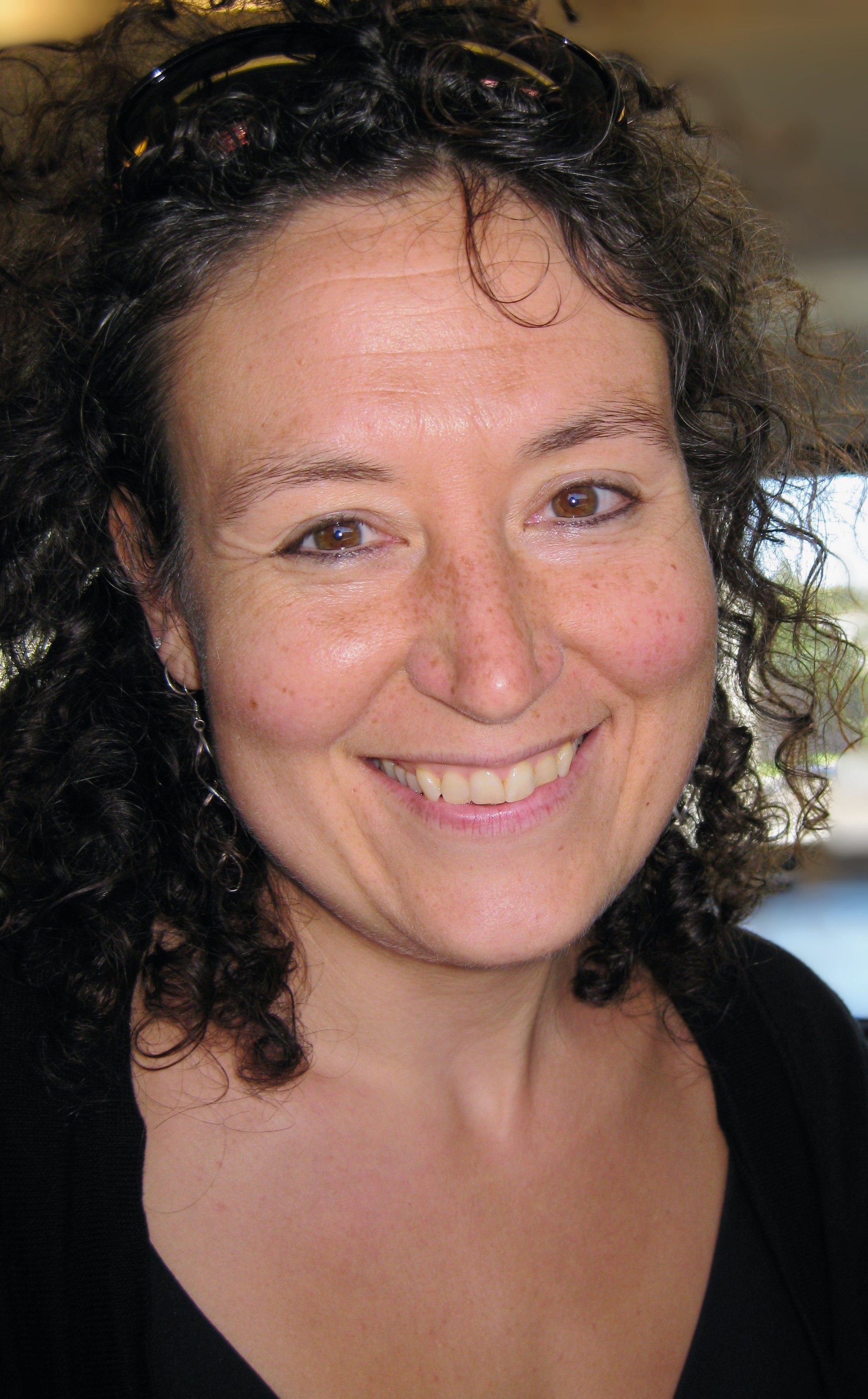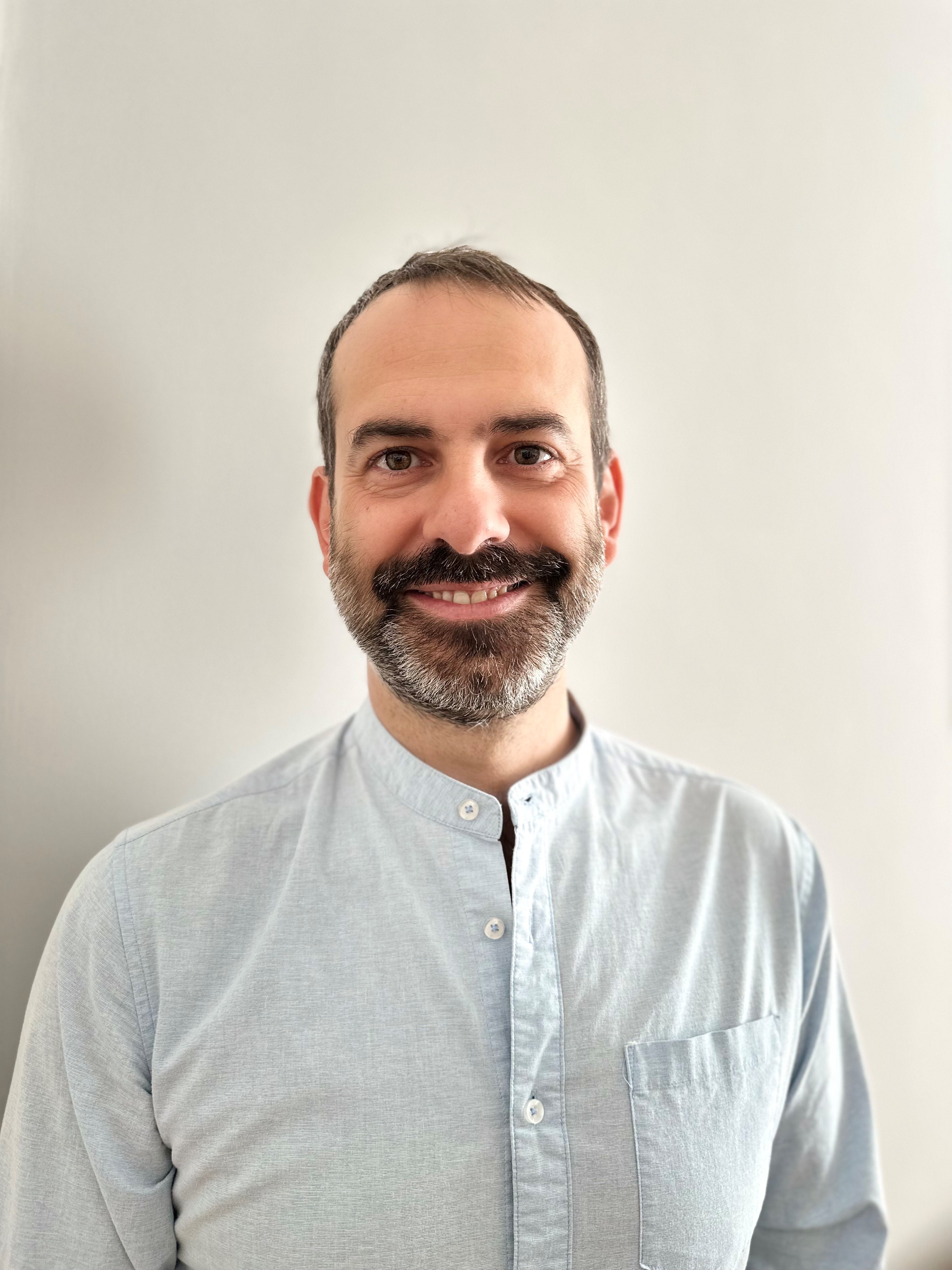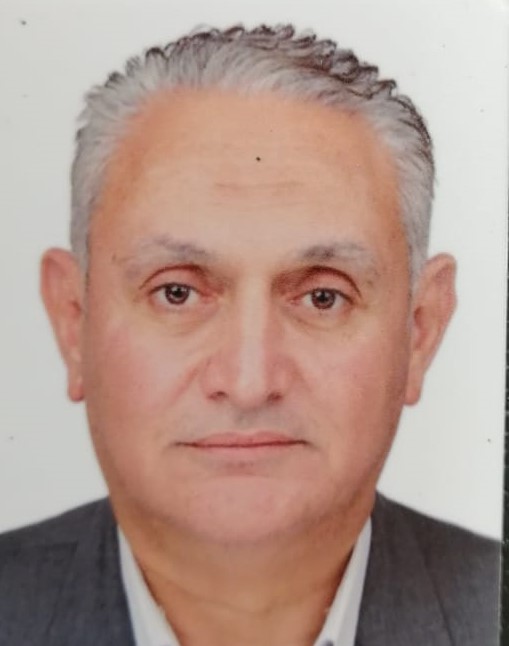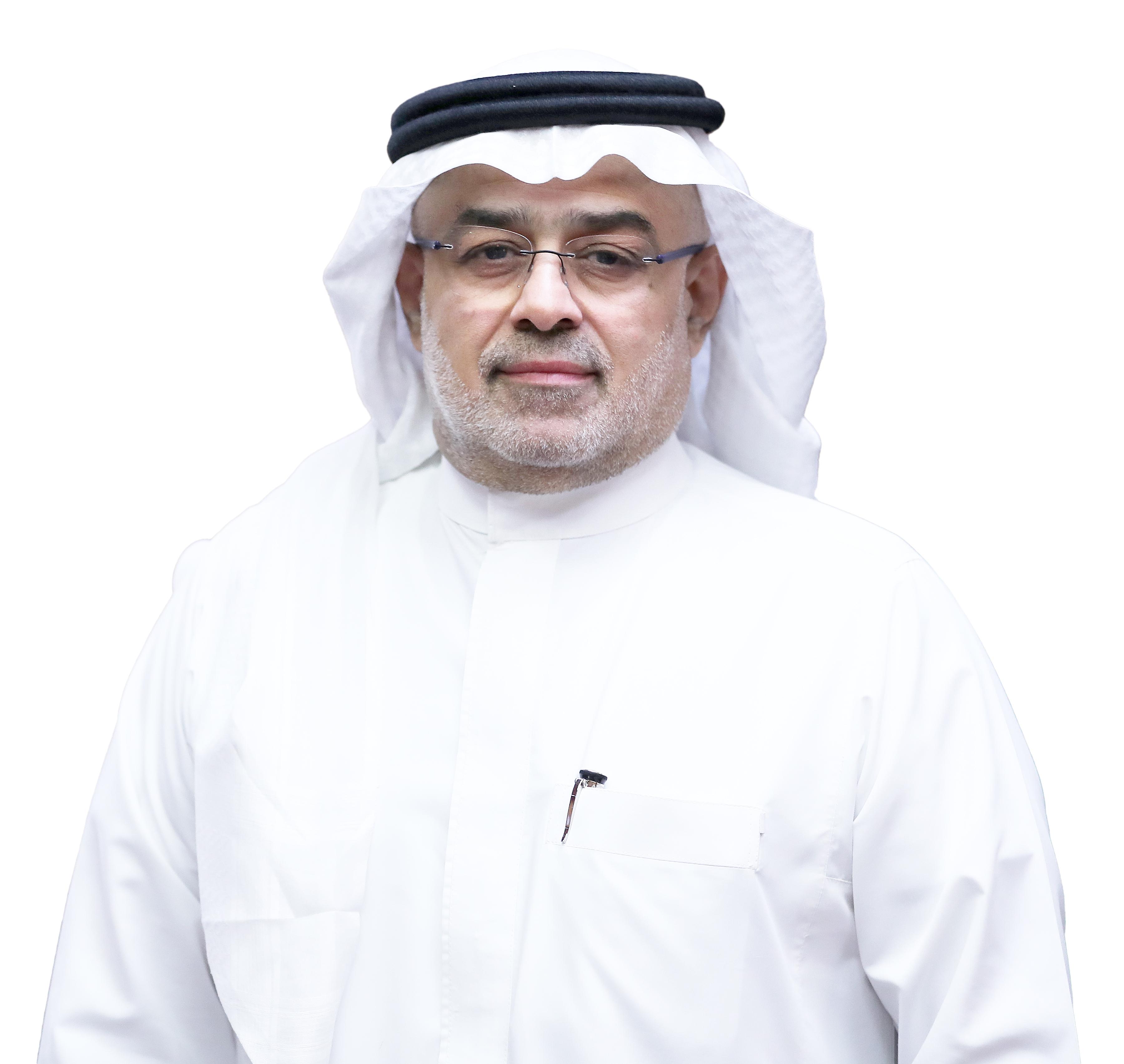Pourquoi participer
This panel discussion provides insights into the conservation strategies of Jordan’s Gulf of Aqaba, a unique area that hosts one of the most effective Protected Areas in the region. High-level panellists discuss its strategic importance, and how its achievements can act as a catalyst for regional cooperation.
Description de la séance
The Gulf of Aqaba is Jordan’s only access to the sea and plays a crucial role in the country's strategies, particularly in achieving its conservation targets. The Gulf hosts the Aqaba Marine Reserve, a bright example of conservation that has recently joined IUCN’s Green List of Protected Areas, around which several partners have built an exemplary model for conservation and research. The panel discussion will highlight conservation strategies of local coral reefs and seagrass meadows, and the opportunities by collaborating at the regional level, with a prospective to boost transboundary cooperation in the Red Sea.Moderator
IUCN Secretariat
Marine Conservation in the Gulf of Aqaba: an example for West Asia and a potential catalyst for regional collaboration
Speaker
Regional Director - West Asia, IUCN ROWA
Marine Conservation in the Gulf of Aqaba: an example for West Asia and a potential catalyst for regional collaboration
Senior Projects'Coordinator, IUCN ROWA
Marine Conservation in the Gulf of Aqaba: an example for West Asia and a potential catalyst for regional collaboration
Aqaba Special Economic Zone Authority
Marine Conservation in the Gulf of Aqaba: an example for West Asia and a potential catalyst for regional collaboration
ministry of Environment
Marine Conservation in the Gulf of Aqaba: an example for West Asia and a potential catalyst for regional collaboration
Marine Conservation in the Gulf of Aqaba: an example for West Asia and a potential catalyst for regional collaboration




